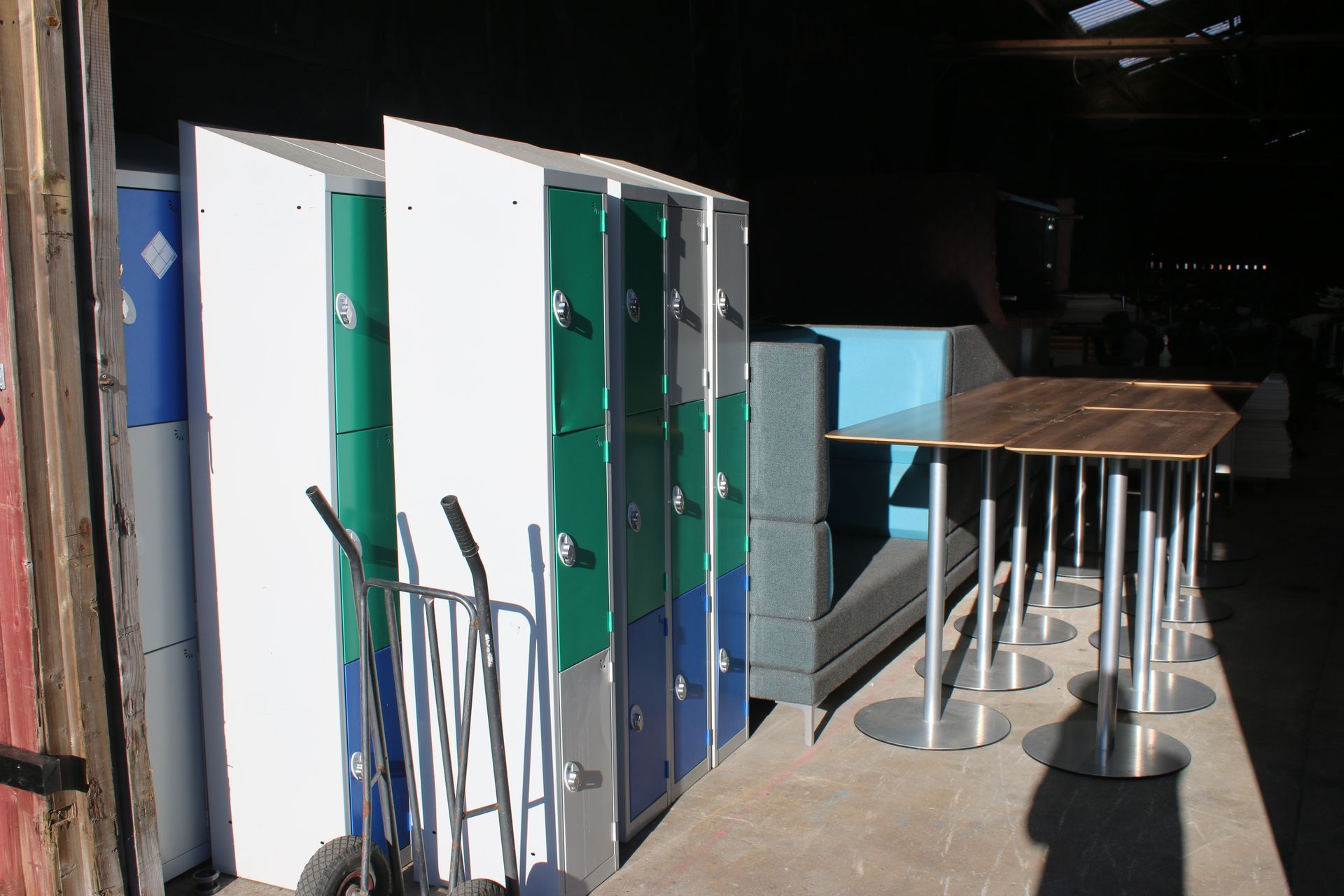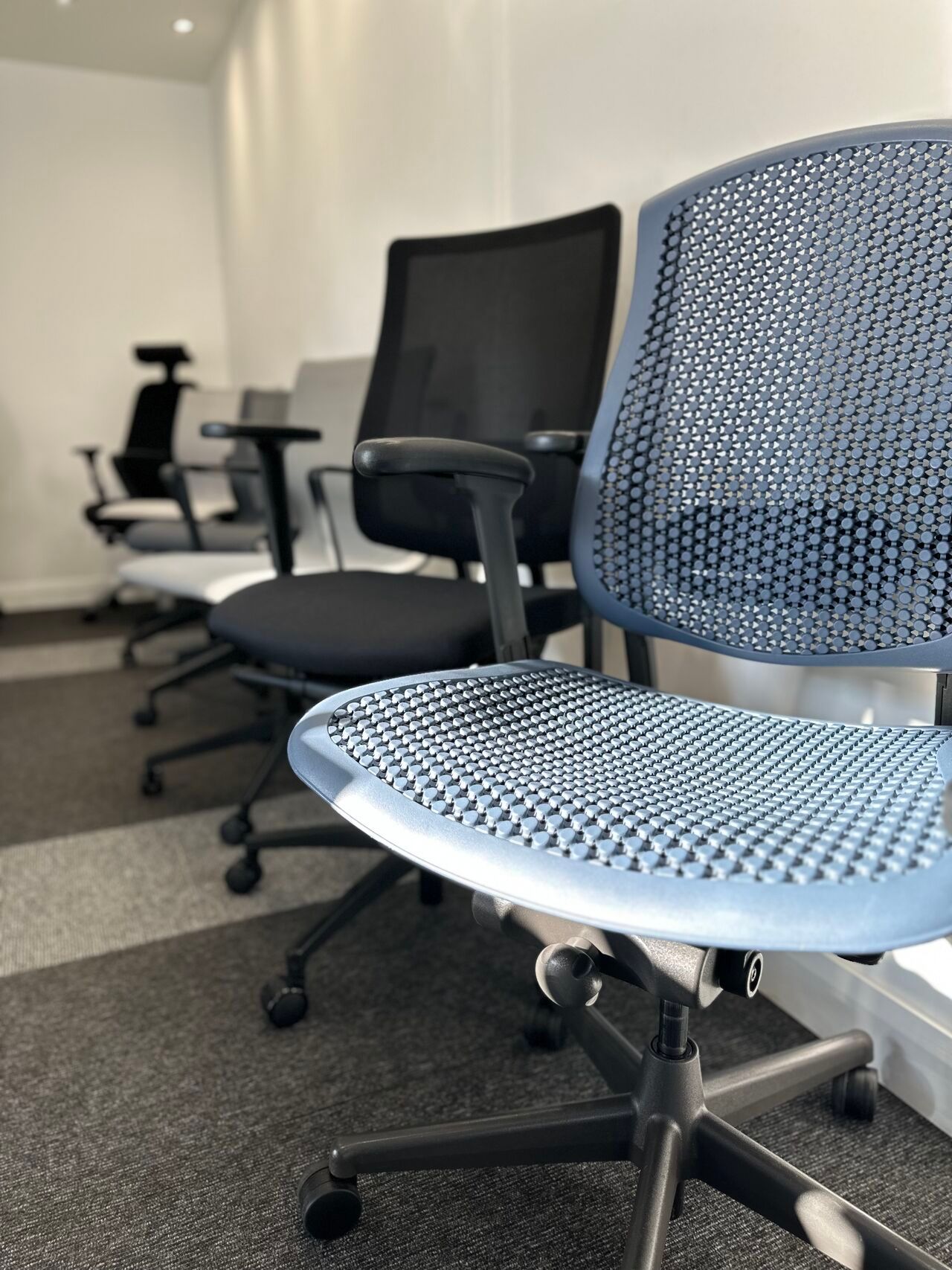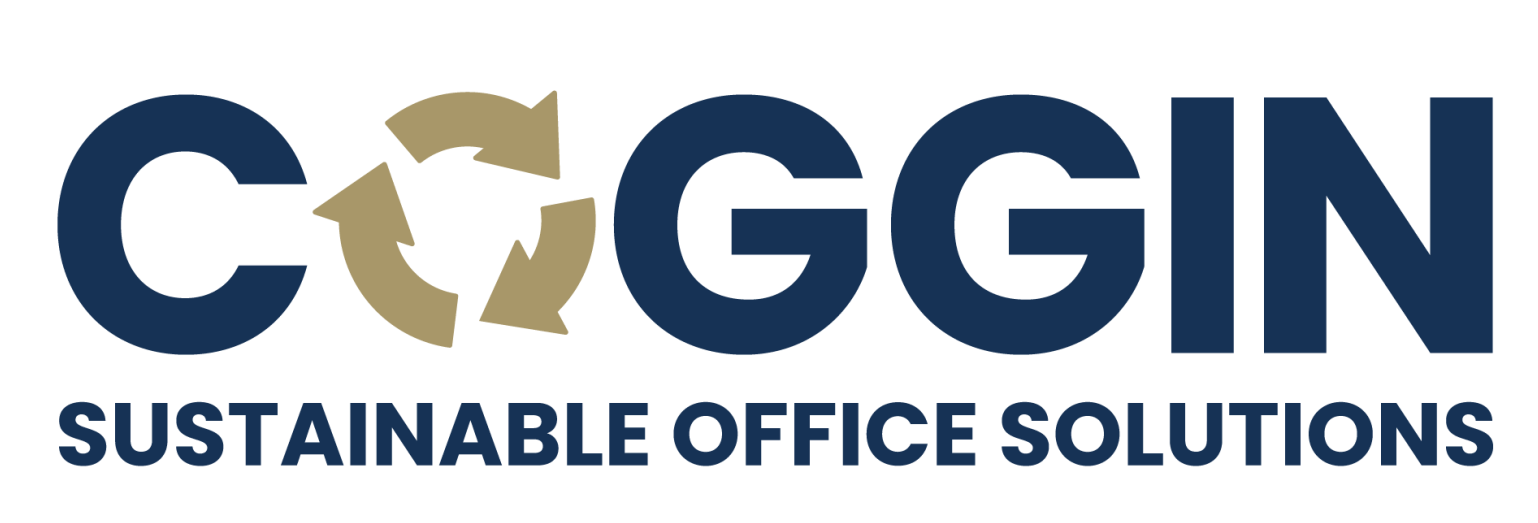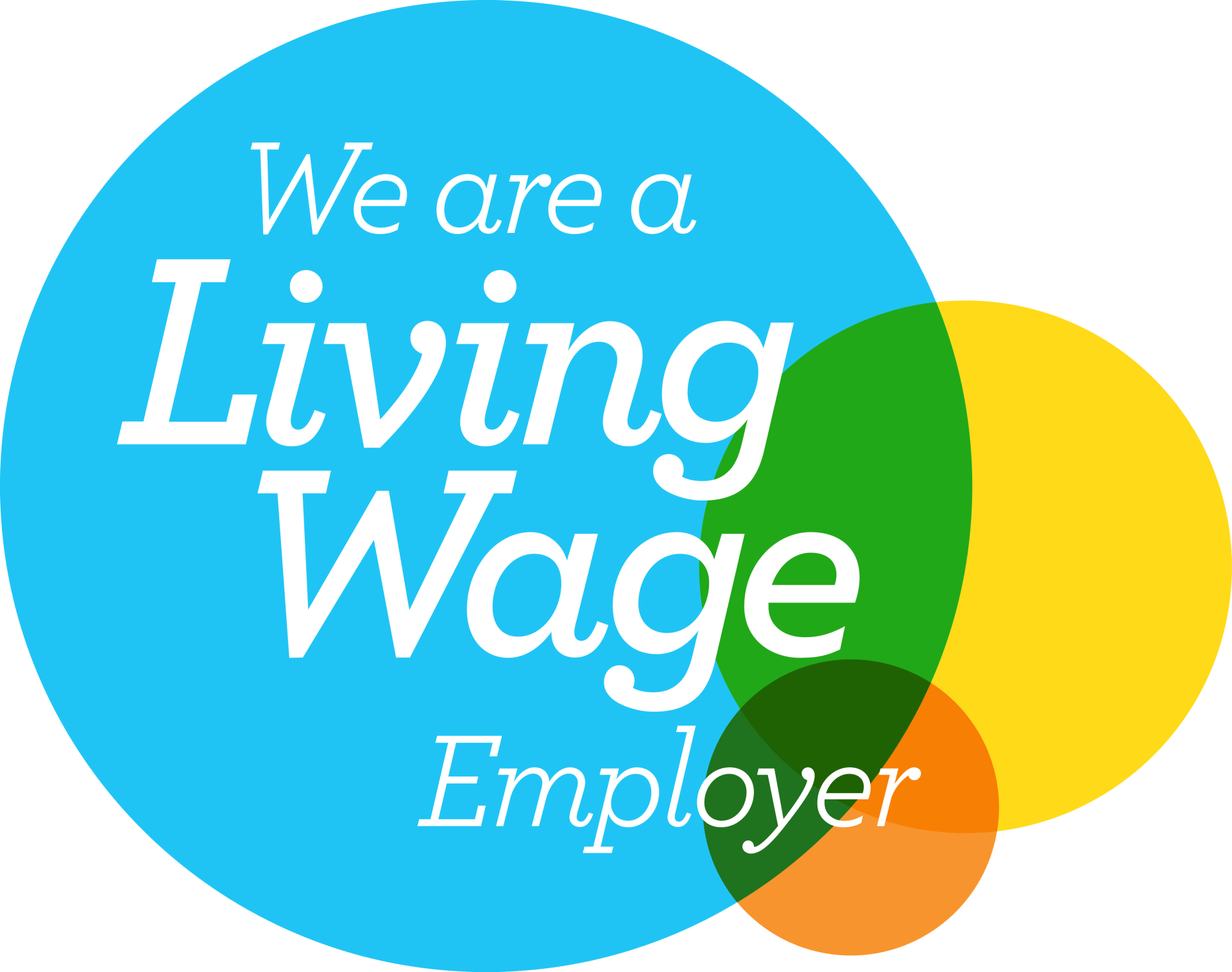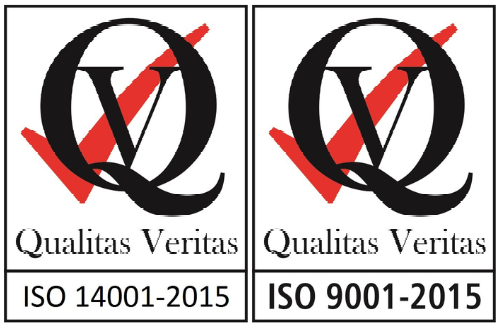What England's New Circular Economy Strategy Means for Your Business
The future of business is looking brighter and more sustainable. The government has just launched its Circular Economy Taskforce, recognising and supporting what many successful businesses are already doing. Here's what you need to know to stay ahead.
Smart Business Practices: Now With Government Support
The Taskforce is creating England's first comprehensive circular economy strategy, and they're taking a practical, business-first approach. They've assembled industry leaders, academic experts, and policy specialists to ensure the strategy works in the real world, not just on paper.
The
circular economy
isn't a new concept - it's already proving successful across the UK. At Coggin SOS, we've seen firsthand how circular practices like furniture refurbishment create win-win situations: businesses
save money
while strengthening their environmental credentials. Now, the government is stepping in to support and expand these proven approaches.

Government Investment in Your Sector: What's Coming When
The changes are coming in two waves.
Phase One (Now through January 2025)
The Taskforce is focusing on three positive developments:
First, they're creating practical ways to measure and showcase your circular economy successes. This means when you make smart choices like
choosing refurbished furniture
or implementing recycling programs, you'll have recognised metrics to demonstrate your impact.
Second, they're identifying prime sectors for government investment. If you're in manufacturing, retail, construction, or services, you'll have access to new funding specifically for circular innovation.
Third, they're bringing international best practices to England, learning from success stories in countries like the Netherlands and Denmark where circular businesses are already thriving.
Phase Two (January - October 2025)
This is where opportunities really open up:
You'll receive detailed roadmaps showing how your sector can benefit from circular practices. These include specific steps, investment opportunities, and expected returns - making it easier than ever to make smart business decisions.
The government is investing in training programs and communication resources, helping you engage employees and customers in your sustainable practices.
Best of all, they're creating monitoring systems that make sense for businesses - focusing on metrics that help you demonstrate value and win contracts.
Three Ways the New Strategy Will Boost Your Business
Direct Cost Savings
The Taskforce's strategy focuses on making resource efficiency profitable for your business. They're identifying practical ways for you to cut costs through smarter resource use. Examples from successful businesses show impressive savings on operational costs through better resource management and
waste reduction.
Stronger Contract Bids
When you bid for contracts, especially government ones, you'll now have a clear advantage. The Taskforce is creating standard ways to measure and prove your environmental impact. This means your
sustainable practices
will count as hard evidence in tender submissions, helping you score higher in bid evaluations.
More Reliable Supply Chains
Your supply chain becomes stronger and more secure. Instead of relying heavily on overseas suppliers, you'll have support to work with local partners. This means fewer delays, better control over costs, and protection from international shipping disruptions.
Think of it this way: every step you take toward circular practices isn't just good for the environment - it's now directly linked to business success. The government is creating specific tools to help you measure and demonstrate these benefits, making it easier to prove your value to potential clients.
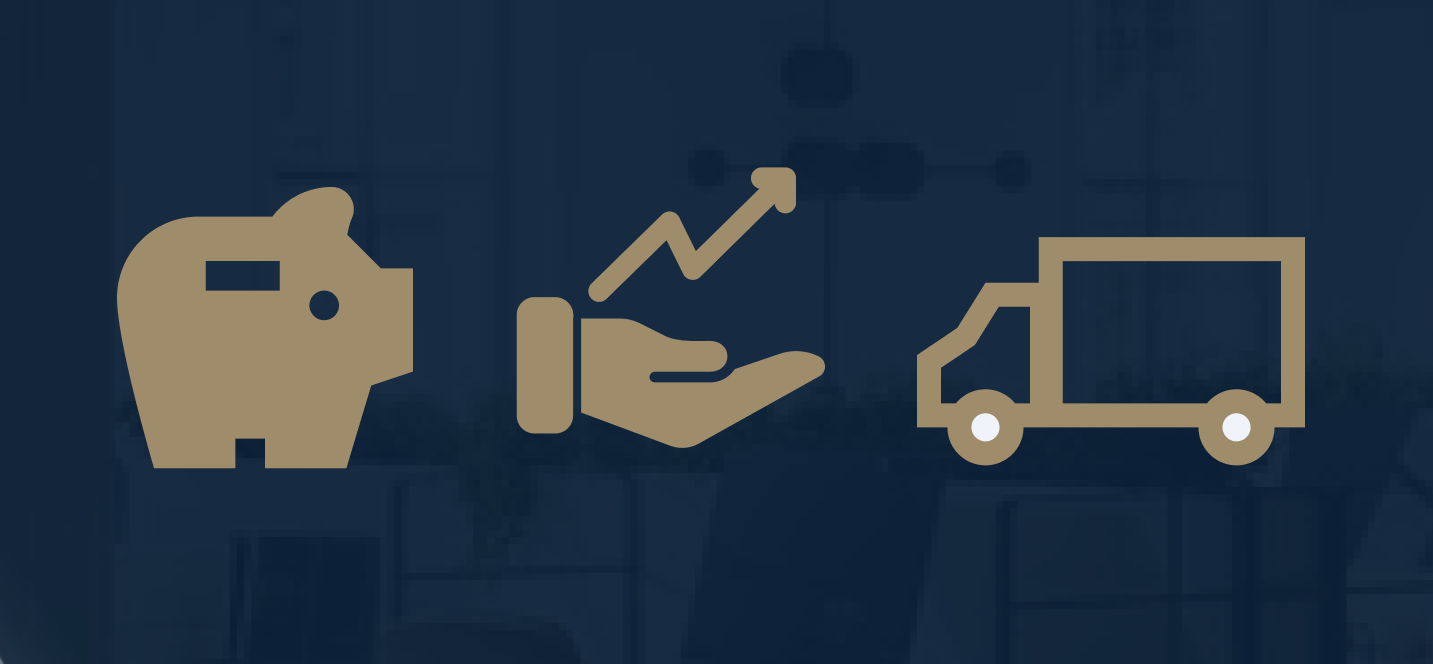
Protecting Your Business Interests
Want to ensure your business thrives under these new requirements? Let's break down your action plan.
1. Review Your Current Practices
Before the new metrics come in, audit your resource use. Where are you throwing away value? For example, those old office chairs you're planning to skip? They could be professionally
refurbished, saving you money and earning you circular economy points.
2. Check Your Supply Chain
Your suppliers will affect your circular economy rating. Start asking them:
- What circular practices do they have in place?
- Can they provide documentation of environmental savings?
- Do they offer refurbishment or take-back schemes?
3. Start Collecting Your Evidence
Begin gathering proof of your circular practices now. You'll need:
- Waste reduction figures
- Resource reuse rates
- Carbon saving calculations
Making It Work for Your Business
The circular economy isn't just coming - it's already here and working well for many businesses. The government's new strategy will help more companies access these benefits, creating opportunities for growth and innovation across the economy.
At Coggin SOS, we're already helping businesses prepare for these changes. When you choose our refurbished furniture, you receive detailed environmental impact reports - exactly the kind of documentation you'll need under the new framework.
Want to get ahead of these changes? Start with one simple step: Next time you need office furniture, consider quality refurbished pieces. You'll save money immediately, get documented environmental savings, and build evidence of circular economy participation.
Ready to learn more about making these changes work for your business?
Get in touch
and we'll show you exactly how to turn these new requirements into opportunities for your company.
Want to stay updated on how these changes will affect your business? Follow our
blog for insights and advice.


